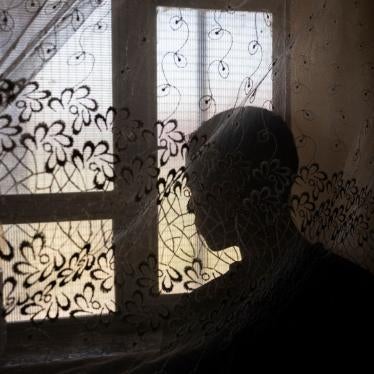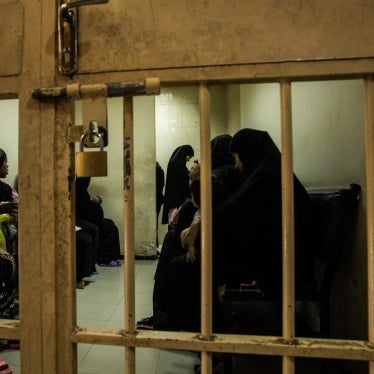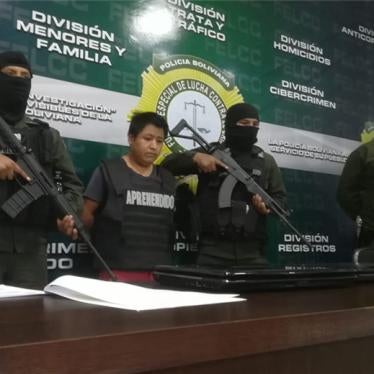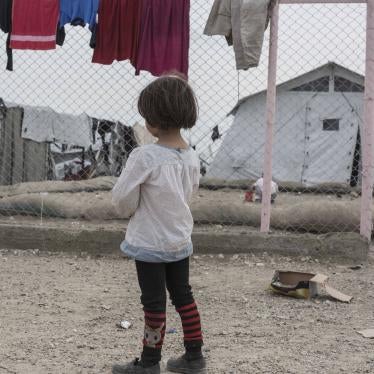Canadian immigration law provides for the issuance of "security certificates" in national security cases. Such certification by the executive authorizes the government to detain a person—suspected of being a threat to the security of Canada—for an unspecified period without charge or trial; present secret evidence, not available to anyone except the government and a judge, in closed hearings to which detainees and their lawyers do not have access; and to deport him or her. A group of men subject to these certificates challenged the Constitutionality of the immigration law providing for security certificates. The Canadian Supreme Court heard the case in June 2006. Human Rights Watch and the University of Toronto International Human Rights Clinic intervened in the case and submitted this brief arguing that the regime in practical effect led to indefinite detention and that terrorism suspects should be charged and tried under Canada's criminal laws with due process of law
|
Amicus Briefing
Canada's Security Certificates Regime: Human Rights Watch and University of Toronto International Human Rights Clinic Amicus Bri
Your tax deductible gift can help stop human rights violations and save lives around the world.
Most Viewed
-
November 25, 2019
A Dirty Investment

-
April 27, 2021
A Threshold Crossed

-
May 12, 2025
The Gig Trap

-
January 23, 2018
Hidden Chains

-
September 30, 2024
“They Destroyed What Was Inside Us”




